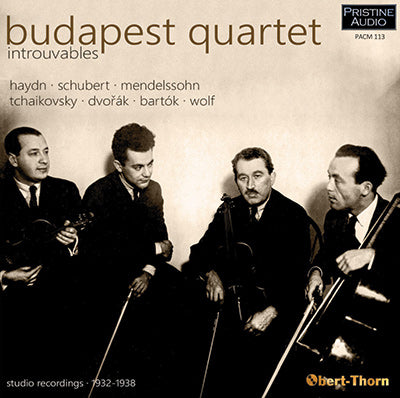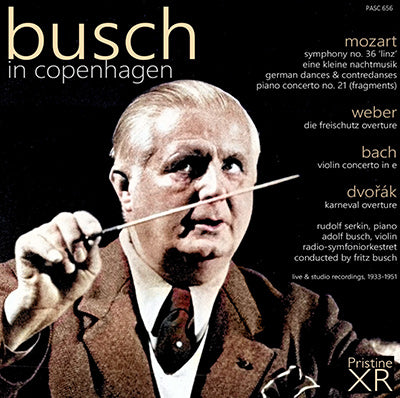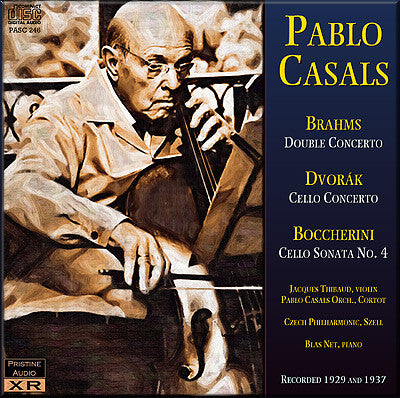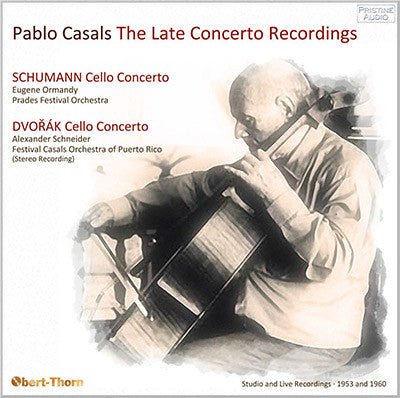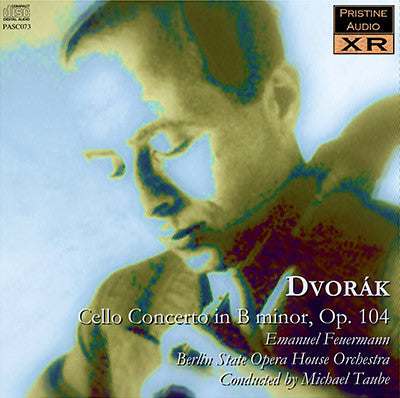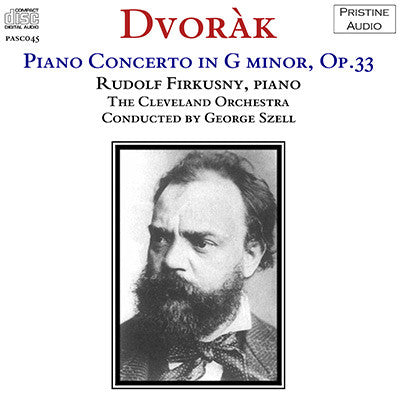Dvořák
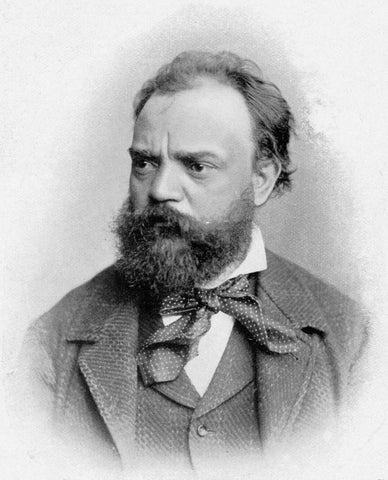
Dvořák displayed his musical gifts at an early age, being an apt violin student from age six. The first public performances of his works were in Prague in 1872 and, with special success, in 1873, when he was aged 31. Seeking recognition beyond the Prague area, he first submitted a score of his First Symphony to a prize competition in Germany, but he did not win, and the manuscript, not returned, was lost until rediscovered many decades later. Then in 1874 he first made a submission for the Austrian State Prize for Composition, including scores of two further symphonies and other works. Johannes Brahms, unbeknownst to Dvořák, was the leading member of the jury and was highly impressed. The prize was awarded to Dvořák for 1874[a] and again in 1876 and in 1877, when Brahms and the prominent critic Eduard Hanslick, also a member of the jury, made themselves known to him. Brahms recommended Dvořák to his publisher, Simrock, who soon afterward commissioned what became the Slavonic Dances, Op. 46. These were highly praised by the Berlin music critic Louis Ehlert in 1878, the sheet music (of the original piano 4-hands version) had excellent sales, and Dvořák’s international reputation at last was launched.
Dvořák’s first piece of a religious nature, his setting of Stabat Mater, was premiered in Prague in 1880. It was very successfully performed in London in 1883, leading to many other performances in the United Kingdom and United States. In his career, Dvořák made nine invited visits to England, often conducting performances of his own works. His Seventh Symphony was written for London. Visiting Russia in March 1890, he conducted concerts of his own music in Moscow and Saint Petersburg. In 1891 Dvořák was appointed as a professor at the Prague Conservatory. In 1890–91, he wrote his Dumky Trio, one of his most successful chamber music pieces. In 1892, Dvořák moved to the United States and became the director of the National Conservatory of Music of America in New York City. While in the United States, Dvořák wrote his two most successful orchestral works. The Symphony From the New World spread his reputation worldwide. His Cello Concerto is one of the most highly regarded of all cello concerti. Also, he wrote his American String Quartet, his most appreciated piece of chamber music. But shortfalls in payment of his salary, along with increasing recognition in Europe and an onset of homesickness, led him to leave the United States in 1895 and return to Bohemia.
Dvořák’s nine operas other than his first, Alfred, have librettos in Czech and were intended to convey Czech national spirit, as were some of his choral works. By far the most successful of the operas is Rusalka. Among his smaller works, the seventh Humoresque and the song "Songs My Mother Taught Me" are also widely performed and recorded. He has been described as "arguably the most versatile... composer of his time".

Dvořák
HAYDN Quartet No. 43
SCHUBERT Quartets Nos. 12 & 13
MENDELSSOHN Quartet No. 1
BARTÓK Quartet No. 2
DVOŘÁK Sextet
music by TCHAIKOVSKY & WOLF
Studio recording, 1932-1938
Total duration: 2hr 33:12
Budapest Quartet:
Joseph Roisman (violin I)
Alexander Schneider (violin II)
István Ipólyi or Boris Kroyt (viola)
Mischa Schneider (cello)
MOZART Symphony No. 36 ‘Linz’
MOZART Eine Kleine Nachtmusik
MOZART German Dances & Contredanses
MOZART Piano Concerto No. 21 (fragments)
WEBER Die Freischutz Overture
BACH Violin Concerto - 3rd mvt.
DVOŘÁK Karneval Overture
Studio & live recordings, 1933-1951
Total duration: 74:46
Rudolf Serkin, piano
Adolf Busch, violin
Radio-Symfoniorkestret
conducted by Fritz Busch
BRAHMS Double Concerto
BOCCHERINI Cello Sonata No. 4
DVORAK Cello Concerto
Recorded Barcelona 1929 and Prague 1937
Total duration: 75:27
Pablo Casals, cello
Jacques Thibaud, violin
Blas Net, piano
Pablo Casals Orchestra, Alfred Cortot
Czech Philharmonic Orchestra, Geroge Szell
SCHUMANN Cello Concerto
DVORAK Cello Concerto (stereo recording)
Studio and Live Recordings · 1953 and 1960
Total duration: 64:30
Festival Casals Orchestra of Puerto Rico, Alexander Schneider
DVOŘÁK Cello Concerto
Recorded in 1928/29
Duration 33:23
Emanuel Feuermann, cello
Berlin State Opera Orchestra
conducted by Michael Taube
DVORÁK Piano Concerto No. 1
Recorded in 1954
Duration: 36:23
Rudolf Firkusny, piano
The Cleveland Orchestra
Conducted by George Szell

